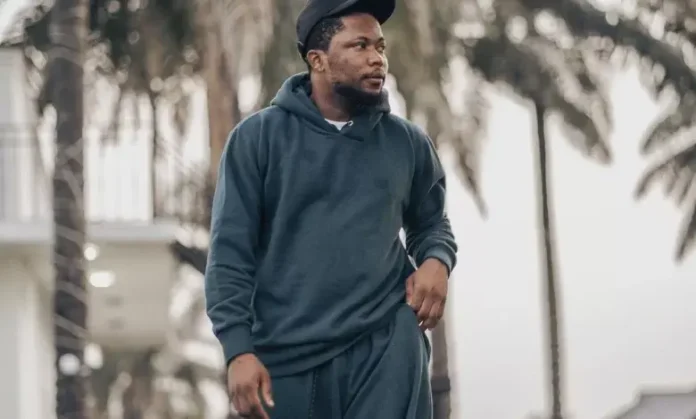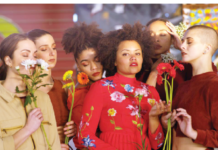Renowned Nigerian comedian and skit maker, Chukwuebuka Amuzie, popularly known as Brain Jotter, has responded to claims surrounding the alleged exploitation of Mike Ejeagha’s 1983 hit song ‘Gwo Gwo Gwo Ngwo’. The controversy has erupted amidst a viral dance challenge that has brought the song back into the limelight.
Thepaan reports that the video has amassed 29.1 million views and over 30,000 comments on Instagram, and 19.6 million views with over 23,000 comments on TikTok. This resurgence of popularity for Ejeagha’s classic song has not only sparked interest but also ignited a debate among netizens regarding intellectual property and fair use.
The renewed attention to the 93-year-old Ejeagha and his song has brought a wave of goodwill, with many people expressing their admiration and support. Brain Jotter’s gesture of offering Ejeagha N2 million was met with praise by some who saw it as a generous act. However, others have accused Brain Jotter of exploiting Ejeagha’s work for personal gain, leading to allegations of copyright infringement.

In a viral video posted on Tuesday, Brain Jotter addressed these accusations head-on. He explained, “For those thinking we ripped him off or are making money from this whole thing, I understand your concerns and they are very valid. I appreciate the fact that you want him to get value for his hard work, which is very valid, and I want you to understand that you are doing something good.”
Read Also: Brain Jotter Meets Legendary Highlife Singer Mike Ejeagha
Brain Jotter went on to clarify his intentions and the nature of his financial contribution, stating, “At the end of the day, no dime was made from this song by me, nothing like that. The N2 million I gave him was from my personal hard-earned money. I did that just for humanity and not for profit.”
The comedian’s response aims to reassure fans and critics alike that his actions were driven by a genuine desire to honour Ejeagha and support his legacy. He emphasized that his donation was a heartfelt gesture rather than a profit-driven move.
The viral dance challenge has not only revitalized interest in Ejeagha’s music but also sparked important conversations about the responsibilities of modern content creators in respecting and preserving the legacies of the artists who came before them.




